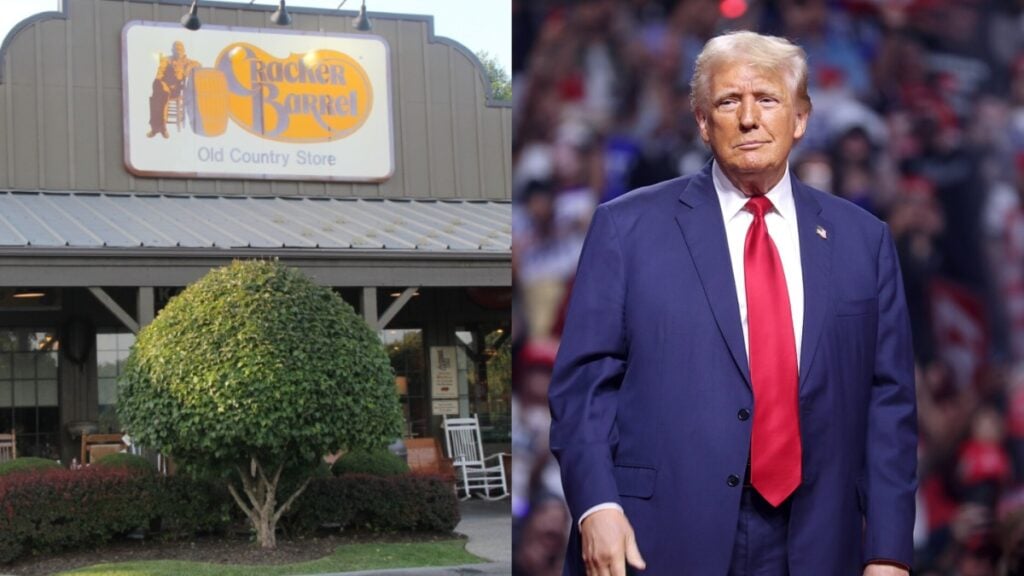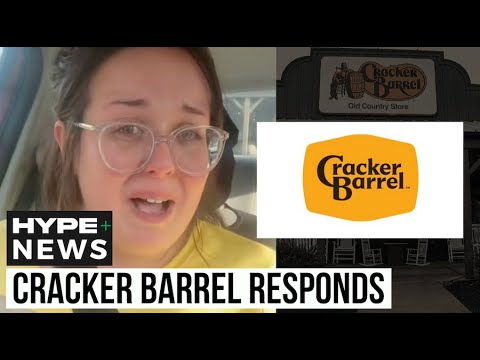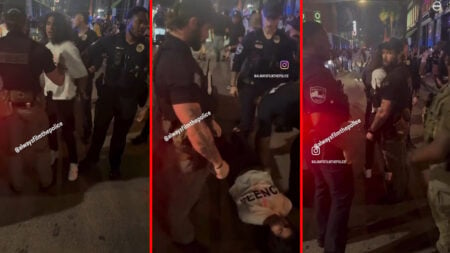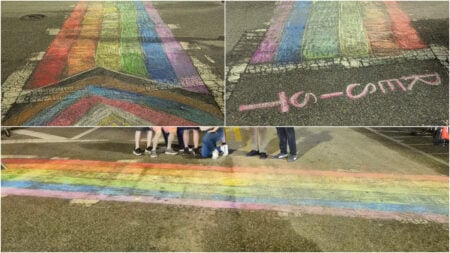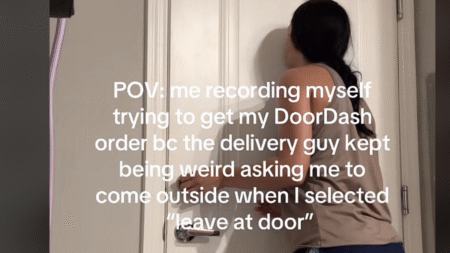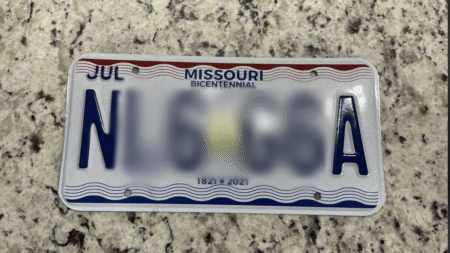Cracker Barrel, the Southern dining staple headquartered in Lebanon, Tennessee, thought it could quietly rebrand itself into the future. Instead, it walked straight into a branding buzzsaw. After unveiling a minimalist logo that erased its beloved “Old Timer” figure, the company was slammed so hard it was forced to reverse course. And if furious customers weren’t enough, Donald Trump himself joined the pile-on, calling the controversy a “billion-dollar opportunity” and pressuring the chain to keep Herschel right where he’s always been.
The fiasco began on August 19, when Cracker Barrel unveiled a pared-down, text-only logo as part of its “All the More” campaign. Gone was Uncle Herschel leaning on his barrel, replaced by a sterile corporate design. Fans erupted almost immediately, torching the move as “soulless,” “tone-deaf,” and “woke nonsense.” Shares tumbled, erasing nearly $100 million in market value.
Trump Turns Up the Heat
As the outrage spread, Trump jumped into the brawl. On Truth Social, he ripped the redesign and urged the company to reverse course immediately: “Go back to the old logo, admit a mistake… Make Cracker Barrel a WINNER again.” He even branded the controversy a “billion-dollar opportunity” for the chain if it embraced the backlash instead of running from it.
Political allies and commentators piled on, and memes turned Uncle Herschel into a folk hero overnight. The hashtag #KeepUncleHerschel trended, with viral edits of Herschel shaking his head over the words “Go woke, go broke.”
Faced with relentless pressure, Cracker Barrel waved the white flag. In a statement, the company announced it was scrapping the redesign and reaffirming its commitment to the Old Timer:
“We said we would listen—and we have. Uncle Herschel is not going anywhere.”
The retreat underscores how badly the gamble backfired. Instead of refreshing its brand, Cracker Barrel alienated loyal customers, cratered its stock, and became a target for political criticism. What was meant to be a slick rebrand will now be remembered as a cultural cautionary tale and proof that in the age of meme warfare, sometimes nostalgia wins by knockout.

